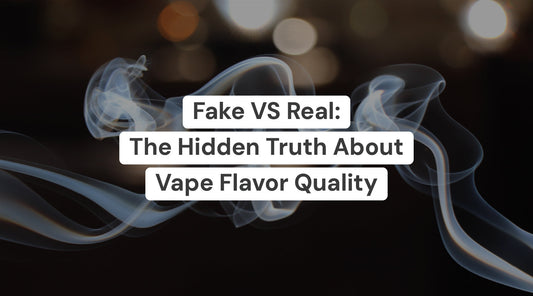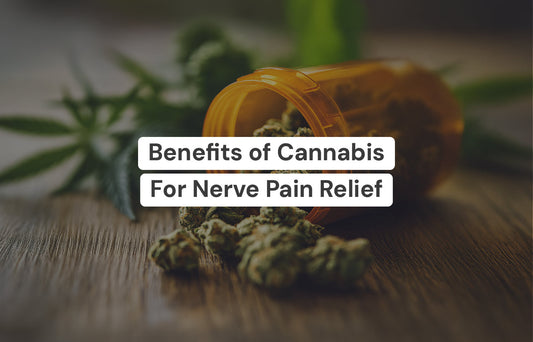9 Critical Tips from Hemp Farms Who Succeeded in 2019

Last year saw an interesting unfolding for the hemp industry as a combination of new-to-farming entrepreneurs joined experienced farmers nationally in the cultivation of hemp. Data published by Critical Extracts showed more then 80% of the 8000 farms surveyed were growing hemp for the first time.
While a few farms had a great year with minimal issues harvesting and selling their material, the majority of the industry ran into a variety of setbacks which lead to underwhelming results at the end of the 2019 hemp grow season. We saw a multitude of contributing factors effecting this outcome but the most common seemed to result from a lack of capital to adequately sustain business overhead through to the sale of the crop. Following this, the market bottomed out in a price war as material flooded in from these same farms who were willing to sell their material at a loss in an effort to recoup capital. Following that we saw weird seasons in a variety of states most notable being Colorado and Oregon, where unexpected snow and freezing temperatures wreaked havoc on fields that were looking promising only weeks before harvest. Following that we saw almost no crops without at least some seeded material as neighboring farms failed to contain males and pollen had one of it's best years yet with an abundance of new hemp acreage to land on. Lastly we saw the impacts of what an overwhelming supply that far exceed demand looked like as liters and kilos and totes and warehouses of backed up material sat waiting. This abundance coming in at a time when the consumer bubble had already hit it's peak and was starting to decline. So what key lessons were learned from the farms who had a successful year in hemp? What are the most important points of consideration for this coming year to see better results? The following tips were gathered from farms in response to a survey produced by Critical extracts combined with direct feedback from successful farms we worked with in 2019.
Table of content
9 Critical Lessons From Successful Hemp Farmers in 2019
-
Secure contracts (futures) before planting
- 13.4% of successful farms had pre-sale contracts
-
Source and plant high-quality feminized seeds
- 75.2% planted feminized seeds
- 70% planted vetted high-quality genetics with proven results
- There was focus on sourcing genetics conducive to the climate of the farms location (attention to mold resistance, high solar radiation etc)
-
Minimized overhead
- 17.7% reported performing mechanical planting and weeding
-
Use fertilizers and pesticides
- 16.8% reported using some combination of fertilizers and herbicides
-
Test your crop early and often (weekly) to avoid high THC
- 9.3% reported non-compliant THC levels
-
Cut your hemp – but don’t combine it
- Farmers who used a combine or similar harvesting machine saw a loss in value for their material due to the inclusion of stem material and rough handling which causes a decline in CBD percent.
-
Dry your hemp
- If you’re located in a dry climate, let your hemp dry in the field, 2.5% field dried
- If you’re located in a damp climate, hang dry your hemp in a barn (74.2% barn dried) or buck/shuck the hemp wet and take it to a contract dryer in your area, if there is one (vet their ability to control mold and dry at temperatures that won't degrade the material
-
Plan ahead and create a reasonable timeline
- Many successful farms had reserved (or owned) equipment
- They had adequate staff to harvest and process the material
- They had enough space (or reserved space) to dry and hold material
-
Understand best practices
- Know the best equipment for harvesting biomass versus flower
- Know the best moisture content and equipment for trimming
- Machine trim flower before finishing with hand trimming if requested by clients
Most of the commercial-scale farmers who claimed to have had a successful 2019 hemp harvest followed most of the steps above. There is no shortage of people in the industry claiming to be experts on the different stages required to produce a successful hemp crop but with simple validation processes, loss of time and money can be avoided. Check backgrounds and validate claims to make sure they have contributed to the success of other grows prior. Know that there are lot of variables between what it takes to succeed with a small scale hemp crop versus an industrial scale crop. The Hemp Collect works with leading industry experts with specialized knowledge in the critical stages required for a successful hemp cultivation including:
- Breeders with proven, stabilized, compliant hemp varieties
- Agricultural consultants with knowledge of best practices for amending soil, cost effective nutrient inputs with greatest impact on output, and ideal spacing and planting techniques
- Operations consultants with expertise in scaled agricultural production to guide timelines, best equipment for different stages of harvesting, and best practices for managing staff and storage overhead and setup
If you would like to connect with one of our partners to ensure a successful harvest and get guidance on operations, please contact us to discuss your situation and be connected to the best resources for your needs.
Related Post

About Ashley Dellinger
Ashley Dellinger is a trailblazer in the cannabis and hemp sectors, serving as the Director of Innovation at The Hemp Collect. With a keen visionary mindset, she not only propels advancements in these industries but also showcases her versatility as a seasoned professional writer based in Oregon. As a collaborative force, Ashley works alongside leading brands, processors, and retailers to elevate industry standards. Ashley Dellinger's work not only sets new benchmarks but also inspires others to pursue excellence. For a closer look into her insights and experiences, connect with Ashley on LinkedIn, Instagram, and Facebook.



















